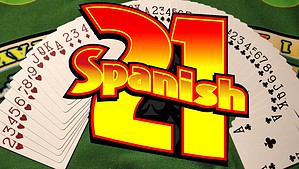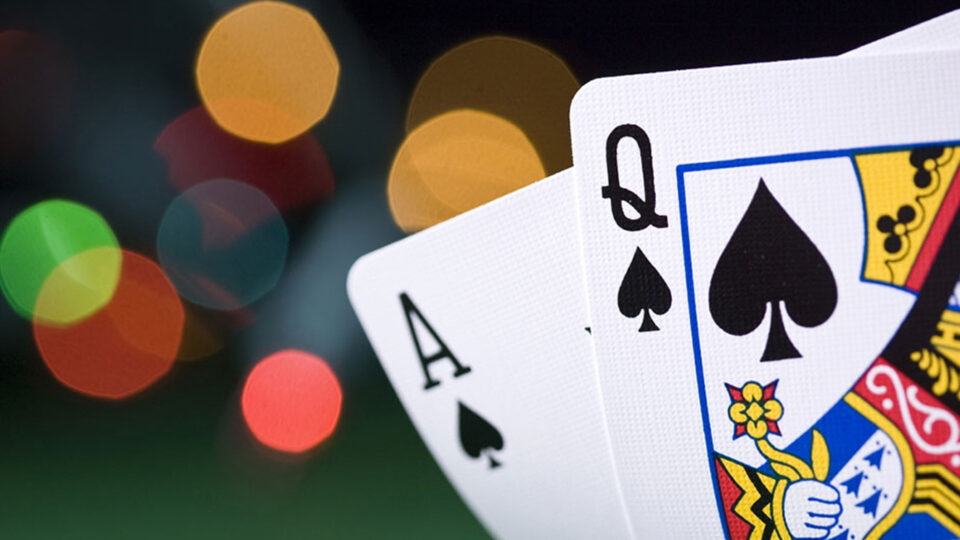Knowing when to fold in poker is as important as knowing when to hold or raise in poker. Folding at the right time can save you chips and keep you in the game longer. While folding might seem like a temporary loss, especially if you’ve already paid an ante, it actually is a strategic move that gives you more chances to win big later. Learn the right time to fold and you’ll come out on top in the long game.
What Is Folding In Poker?
Folding in poker means laying down your cards and giving up any claim to the pot in that hand. You don’t take any more cards, you don’t make any more bets, and the cards you did have are not evaluated for a win. Folding is a strategic decision you can make when you think your hand is too weak to compete against others. Folding helps minimize losses and preserve your bankroll for more promising hands. It’s an essential part of poker strategy, balancing risk and potential gain.
When to Fold Before the Flop
When deciding when to fold in poker, you can fold before the flop, also known as pre-flop folding. The decision to fold before the flop should be based on several factors. If you have a weak starting hand, like low unsuited cards or mismatched hands with a low kicker, you shouldn’t wait to see the flop. Just fold. If you are in an early position, you have to be more cautious about what’s to follow. Weak hands in an early position are more suitable for folding before the flop. Finally, if you notice other players betting aggressively, it may indicate they have a stronger hand, and you should consider folding.
When to Fold After the Flop
When deciding when to fold in poker, you can also fold after the flop, or post-flop folding, depending on how the flop cards interact with your hand and the actions of your opponents. Consider folding if the flop doesn’t improve your hands, especially if you have a low pair or no pair. Consider folding if you notice strong bets from opponents, particularly in response to a threatening board. Finally, you should evaluate if your hand has a realistic chance of improving on the turn or river. If not, folding could be the wisest choice.
What Hands You Should Usually Fold
Generally, you should consider folding:
- Low Pairs: Small pairs rarely stand up in a confrontation.
- Weak Suited Cards: Don’t be tempted by the flush potential if the cards are low.
- Offsuit Low Cards: These have a low chance of forming a strong hand.
How Often Should You Fold?
There’s no one-size-fits-all answer to how often you should fold, as it depends on the game’s dynamics. When deciding when to fold in poker there are things you should avoid. Being too passive (folding too often) or too aggressive (not folding enough) can both be detrimental. A balanced approach, considering both the strength of your hand and the context of the game, is key to success.
Play Poker at Blue Lake Casino Hotel
Visit Blue Lake Casino Hotel today to try your hand at our poker tables. With a variety of games and tournaments, our casino is the perfect place to practice your skills and maybe even bluff your way to a big win. Whether you’re folding pre-flop or navigating the complexities post-flop, Blue Lake Casino Hotel promises an exciting and enjoyable poker experience.


